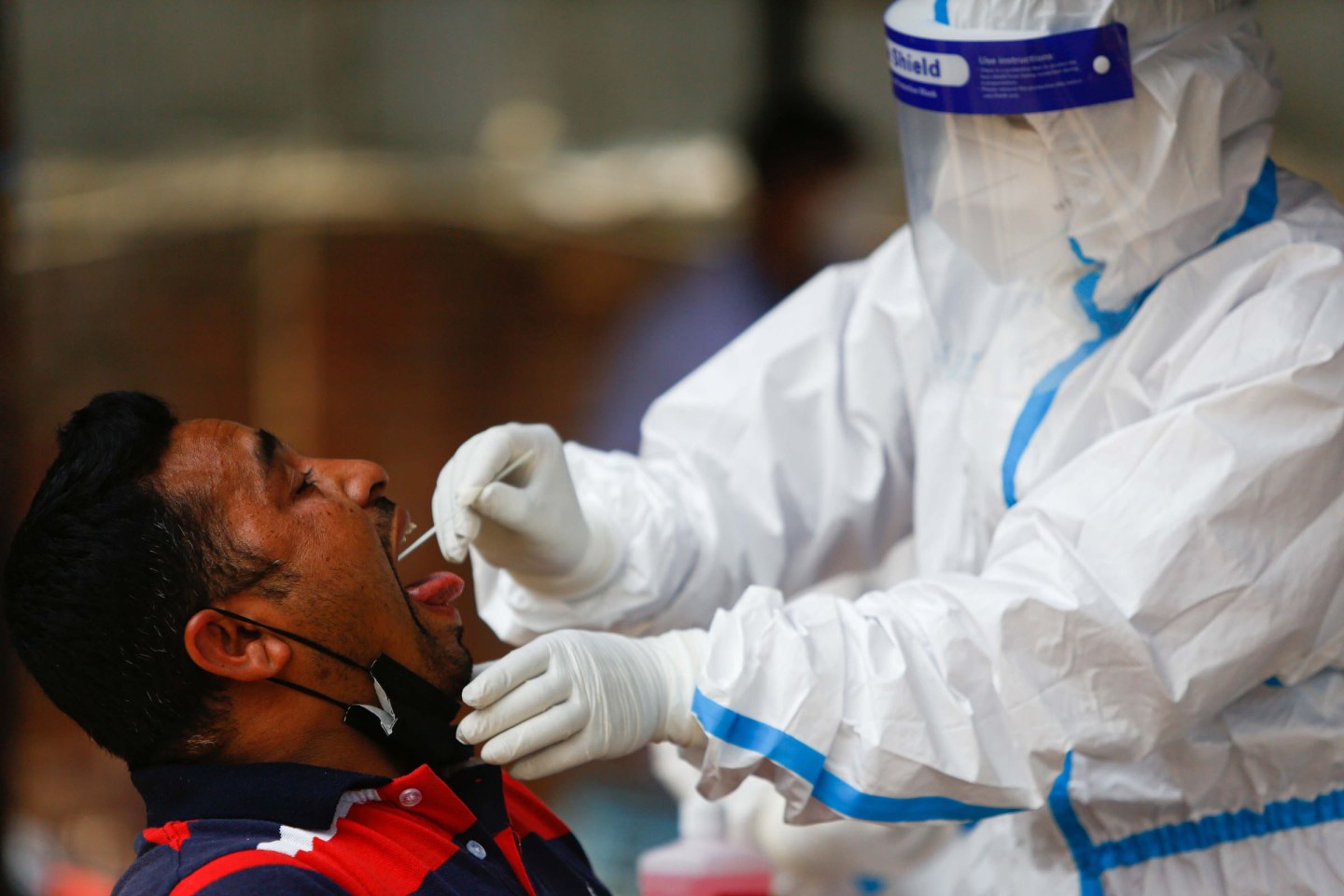KATHMANDU: The JN.1 sub-variant of COVID-19 has been officially identified in Nepal. This variant, which originated in the U.S. in September, has now been confirmed in more than 41 countries, including Nepal. Classified as a separate variant of interest (VOI) by the World Health Organization (WHO), JN.1 has rapidly spread globally, raising concerns about its impact.
Despite its increasing prevalence, the WHO currently assesses the additional public health risk posed by JN.1 as low at the global level. However, there is anticipation that this variant may contribute to a surge in SARS-CoV-2 cases, particularly in countries entering the winter season, and may interact with other viral and bacterial infections.
Key Characteristics of JN.1:
- Relation to BA.2.86: JN.1 is closely related to BA.2.86, another Omicron descendant that emerged in the U.S. during the summer. According to the CDC, these two variants are nearly identical, differing only in a single aspect of their spike proteins, which facilitates the virus’s entry into human cells.
- Infectiousness and Severity: While JN.1 is responsible for an increasing number of infections, there is currently no evidence suggesting that it causes more severe disease than other SARS-CoV-2 variants. The primary symptoms are expected to be consistent with those of previous variants, including a sore or scratchy throat, fatigue, headache, congestion, coughing, and fever.
Effectiveness of Vaccines, Tests, and Treatments Against JN.1:
- Tests and Treatments: Current COVID-19 tests and treatments are anticipated to be effective against JN.1, according to the CDC. Research indicates that the latest COVID-19 booster shot, designed for the XBB.1.5 variant, also produces antibodies effective against JN.1, albeit in lower quantities. While vaccines may not completely prevent JN.1 infections, they are expected to reduce the likelihood of severe disease and death.
-
Vaccine Recommendations: WHO’s expert COVID-19 vaccine advisory group, in a statement on December 13, recommended continuing with the current XBB.1.5 vaccines, as they appear to offer some cross-protection against JN.1.









Comment